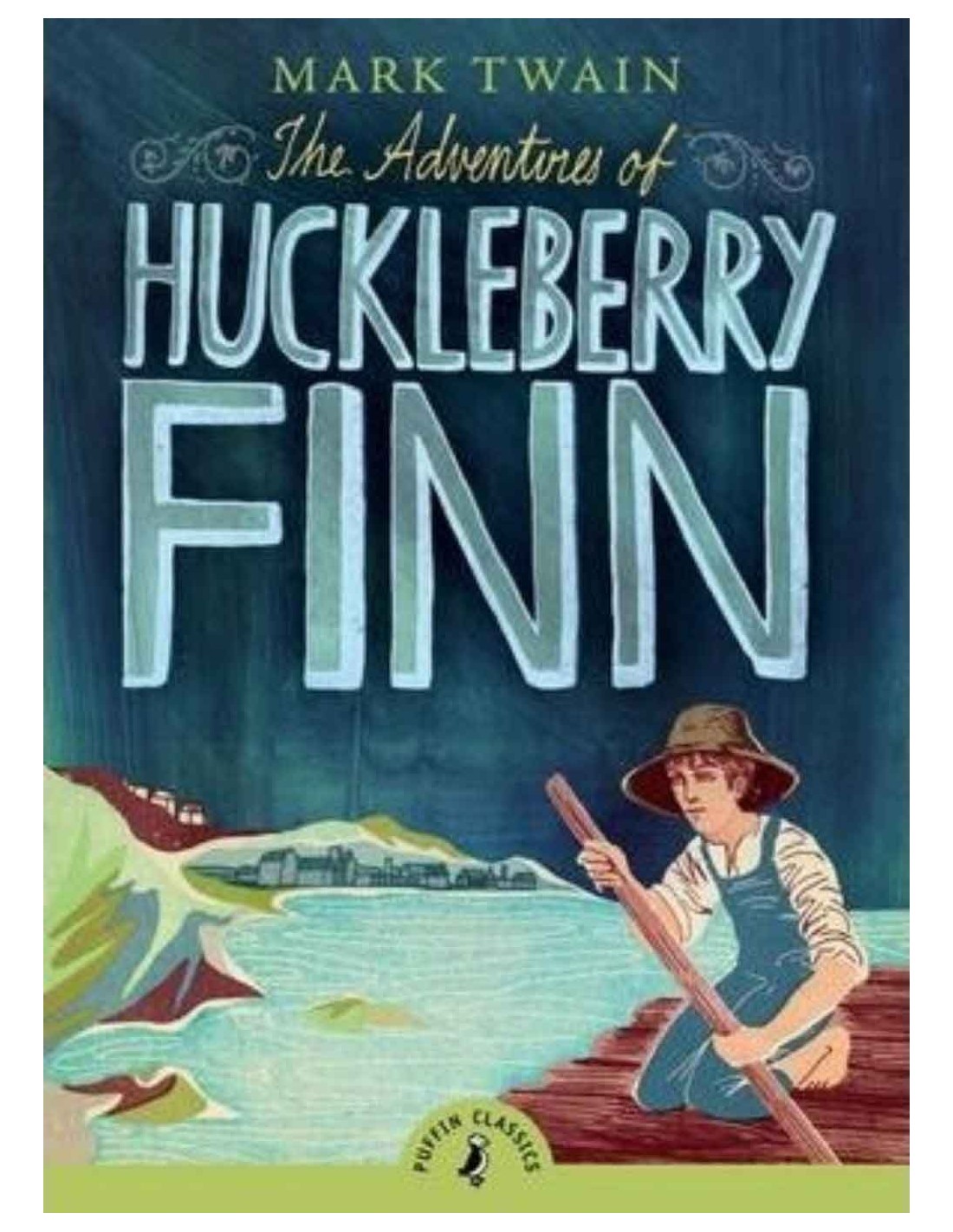

Lastly, this study also highlights the way that theories developed in translation studies can enhance children’s literature studies and vice versa.Įste artículo explora la posibilidad de traducir al español la tercera novela de James McBride, The Good Lord Bird, y plantea una propuesta de traducción. At the same time, through a detailed examination of the translators’ solutions to the translation problems present in Huckleberry Finn, this study will also shed light on the dynamics of children’s literary system: despite the constraints imposed by the regime on texts translated for children, methods were designed so as to tackle and even to challenge the censorship constraints. Through a comparative study of the distinct versions of the translations of the novel, produced across different stages of Franco’s dictatorship, along with the censorship records, this study will uncover how certain Issues of the novel have induced translation problems, due to the politico-ideological constraints that the receptor system imposed on the production of texts translated for children. In order to explore the influences of adult ideological agendas on the translation of children’s literature, this thesis examines the production of texts translated for children under state censorship during Franco’s Spain (1939-1975), with a particular focus on the translations of Mark Twain’s Adventures of Huckleberry Finn (1885). This also occurs in the translation of children’s literature. Subsequently, texts written for children are often imbued with adult ideologies. Due to children’s literature being a constructed notion, a space for adult manipulation of texts for children is thus created. This situation results in children’s literature operating as an adult-constructed notion, based on assumptions about children and childhood. Children’s literature usually consists of texts that are written by adults for a child readership.


 0 kommentar(er)
0 kommentar(er)
